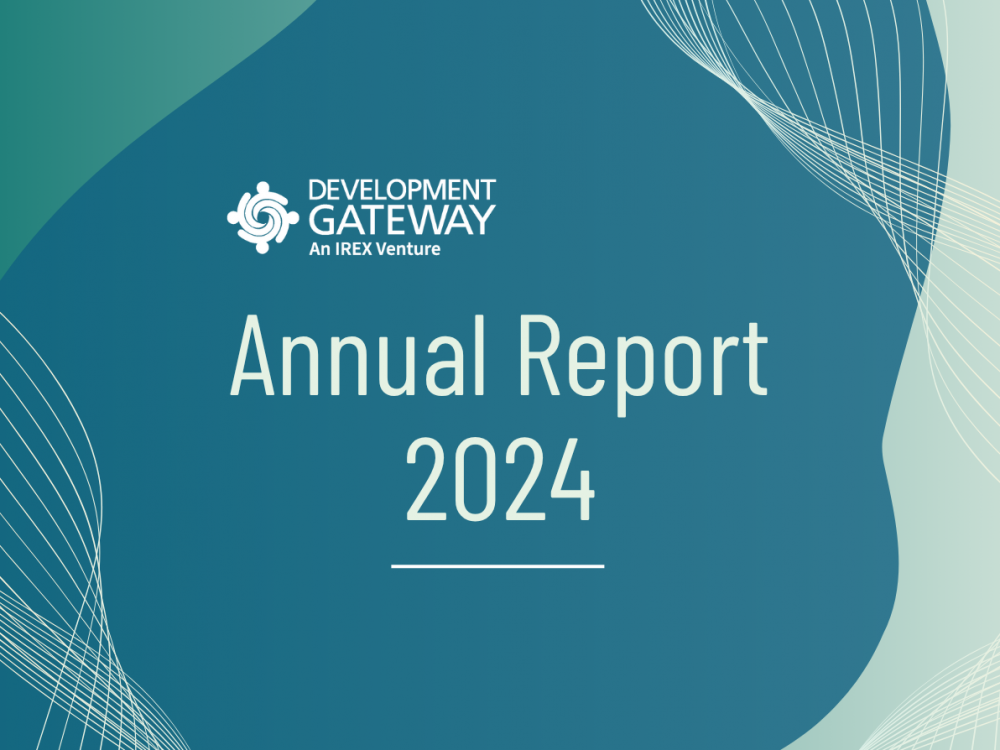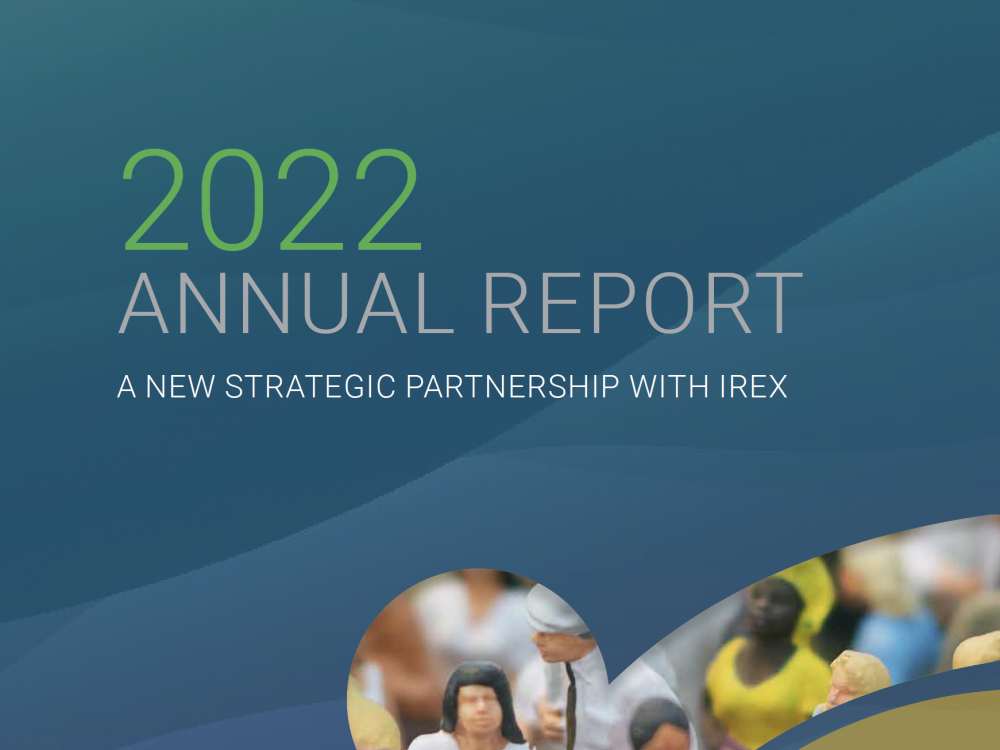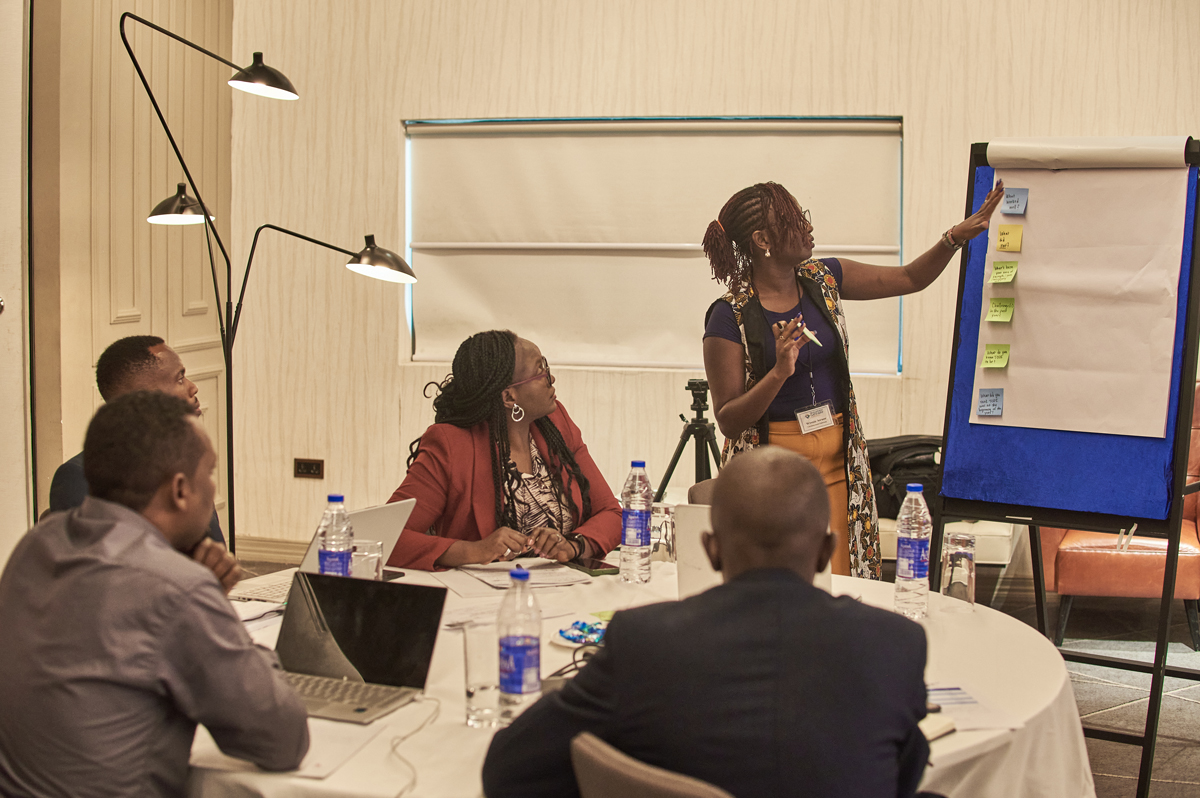
Resources
Our resources cover a broad range of topics from information about program launches to deep dives into our work; all built on our background and experience in building tools to improve data use in decision-making.
Read the Latest from our Blog
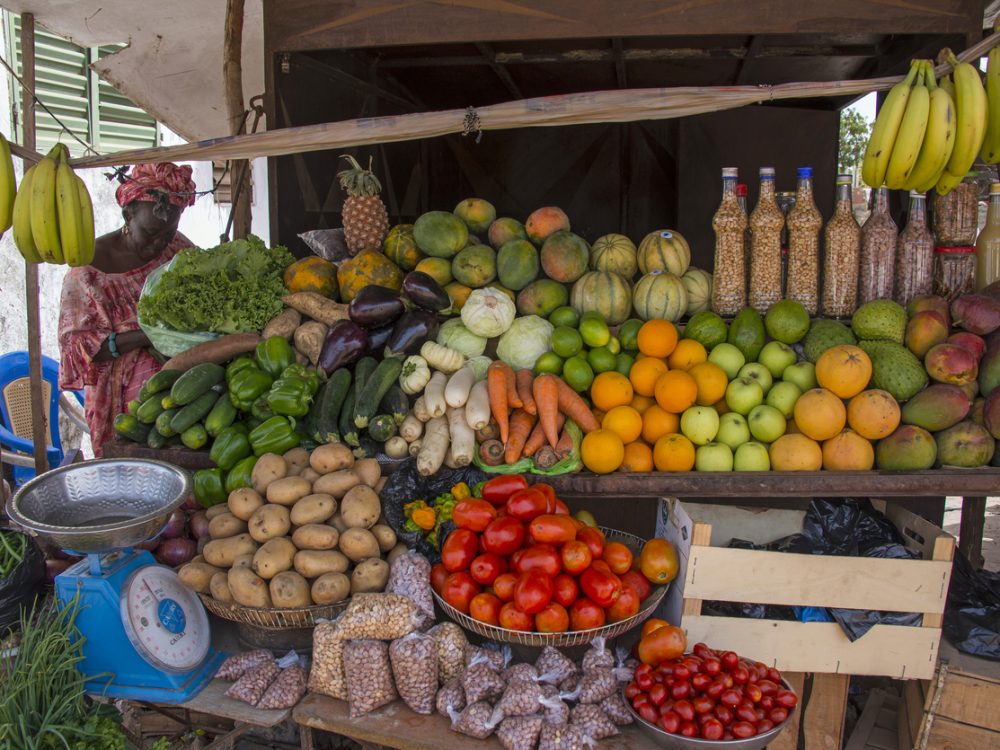
Development Gateway Collaborates with 50×2030 Initiative on Data Use in Agriculture
Development Gateway announces the launch of the Data Interoperability and Governance program to collaborate with the 50x2030 initiative on data use in agriculture in Senegal for evidence-based policymaking.

Strengthening Online Safety Through Prevention in the Philippines
Tech-Facilitated Gender-Based Violence continues to evolve alongside emerging technologies. This blog explores how preventative measures, such as the Safety By Design approach, can be used to create a safer internet.

Preparing Jordan’s Education System for the AI Age
This blog introduces Asas, an early grade education program led by IREX and DG in partnership with Jordan’s Ministry of Education, and explores what AI readiness looks like in early grades and how AI can be integrated safely and sustainably into education systems.
Recent Publications
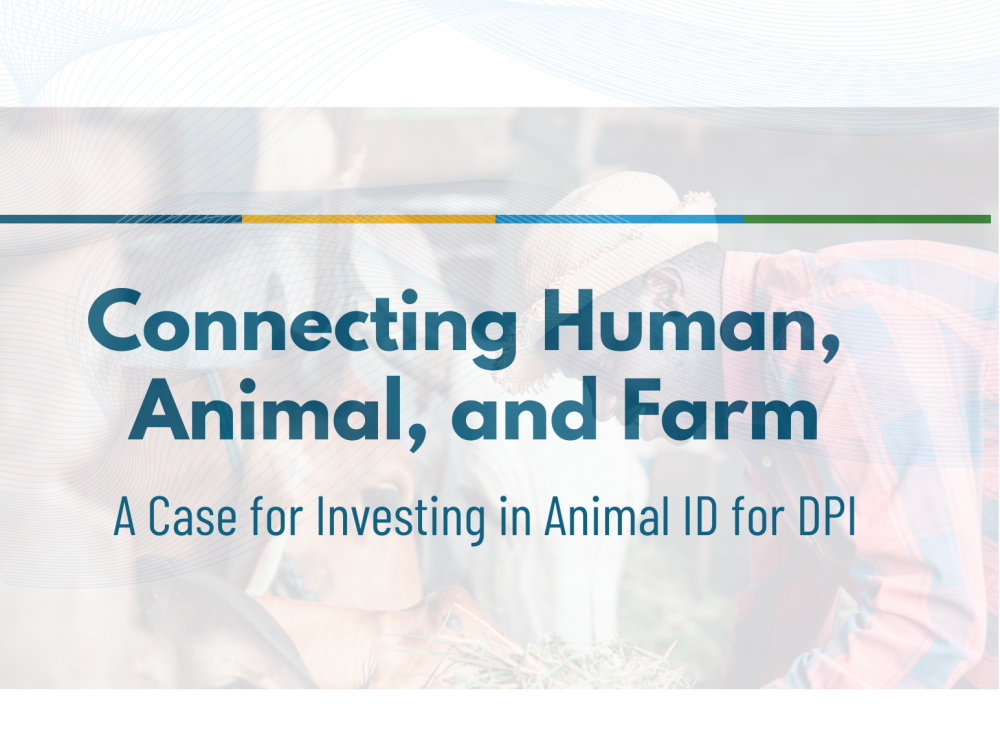
Connecting Human, Animal, and Farm: A Case for Investing in Animal ID for DPI
Digital Public Infrastructure for agriculture has gained traction, yet animal identification remains under-integrated. This policy brief explores how linking farmer and animal IDs with national data and payment systems can unlock benefits across trade, finance, public health, and governance.
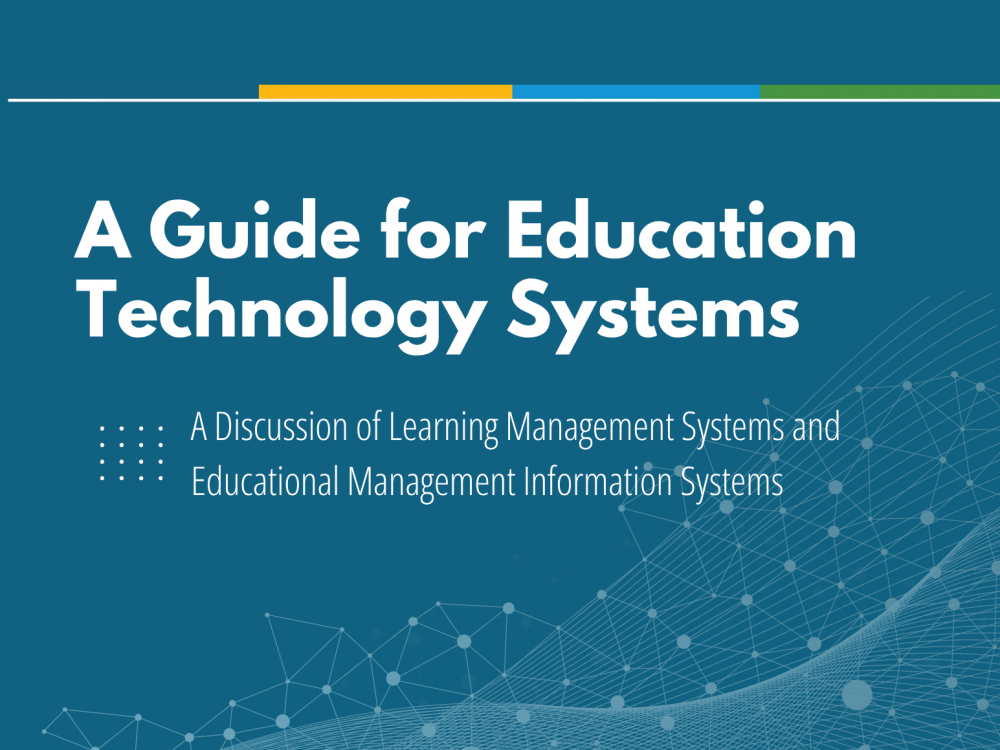
A Guide for Education Technology Systems
Education is at a crossroads, with 250 million children out of school and many more not learning as they should. This paper explores how Education Management Information Systems (EMIS) and Learning Management Systems (LMS) can, together, strengthen education outcomes.
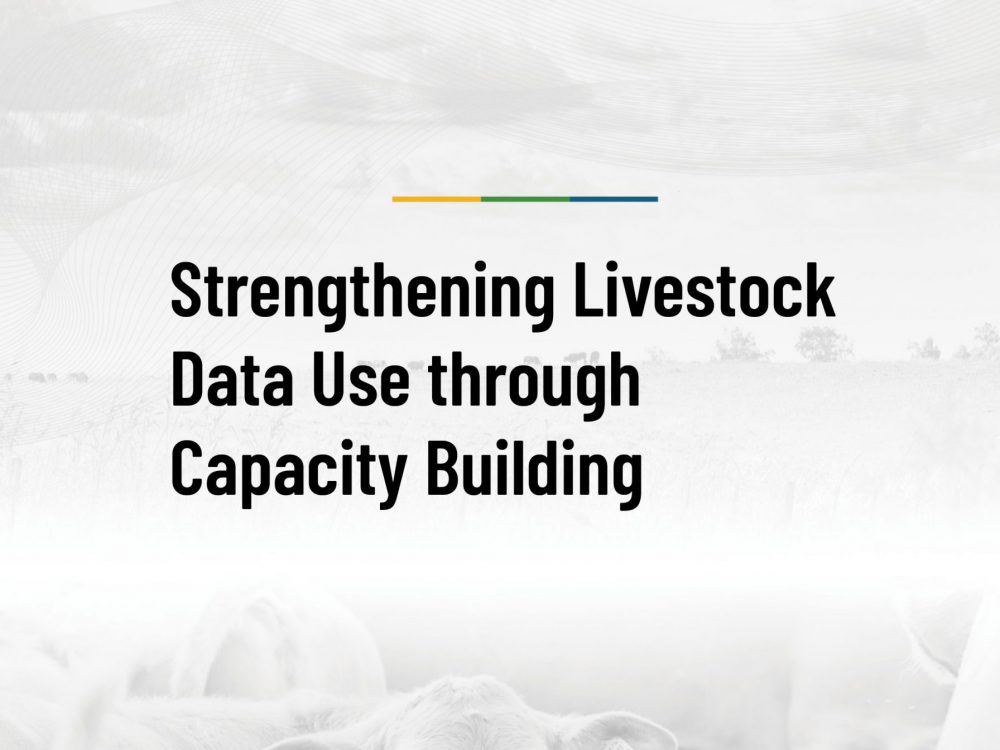
Strengthening Livestock Data Use through Capacity Building
The aLIVE project launched a structured data-use training in 2023 to equip managers of five key livestock systems with practical skills in handling, processing, and visualizing data. This report shares the outcomes, including hands-on use of tools like Excel and Power BI, and offers recommendations to build on this progress.
